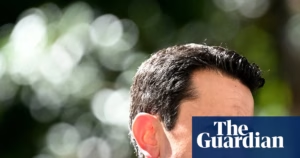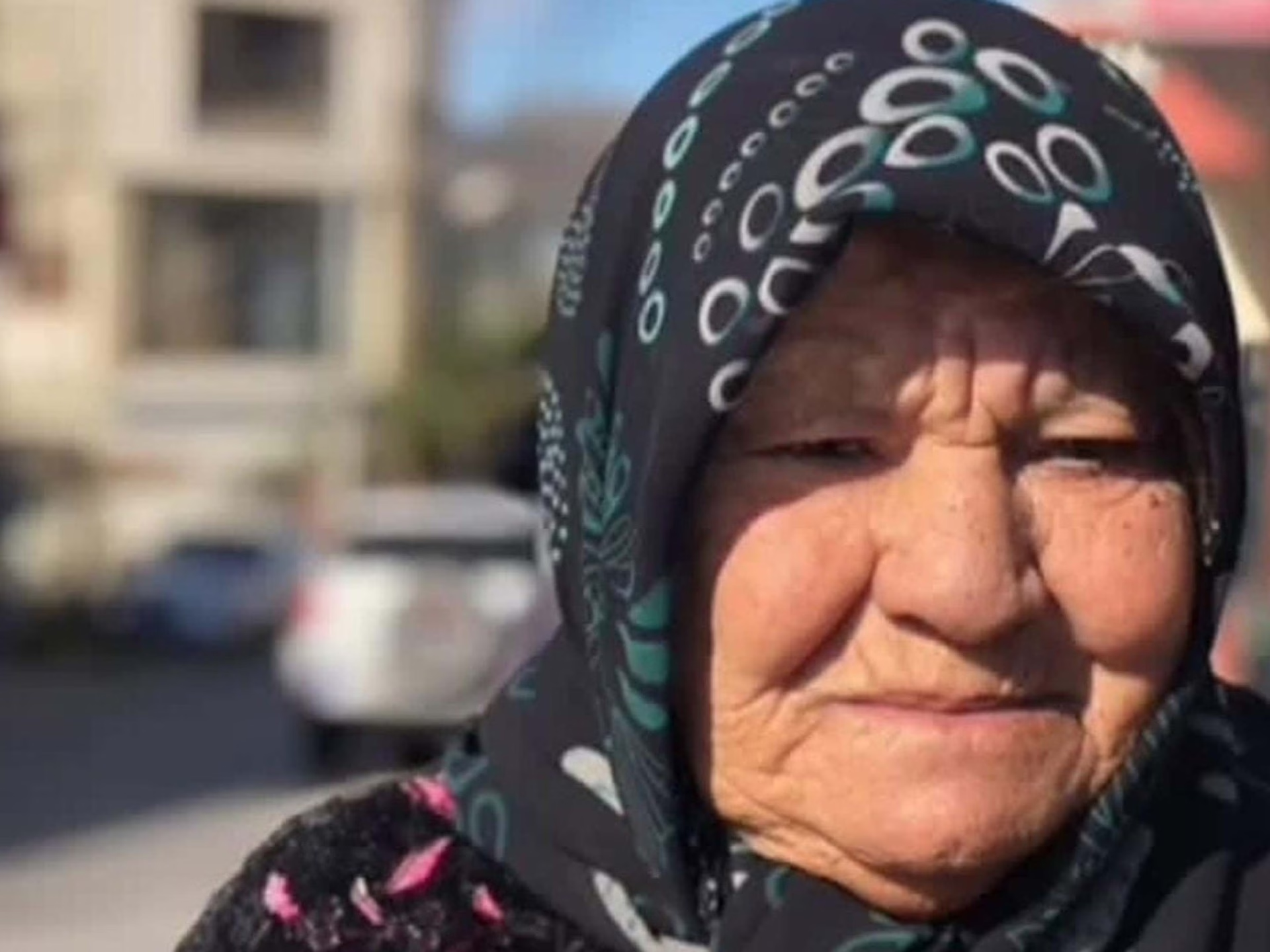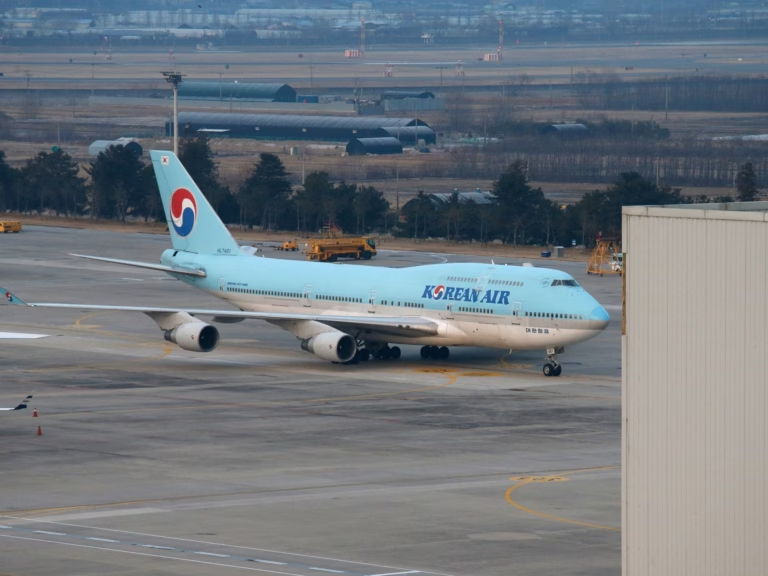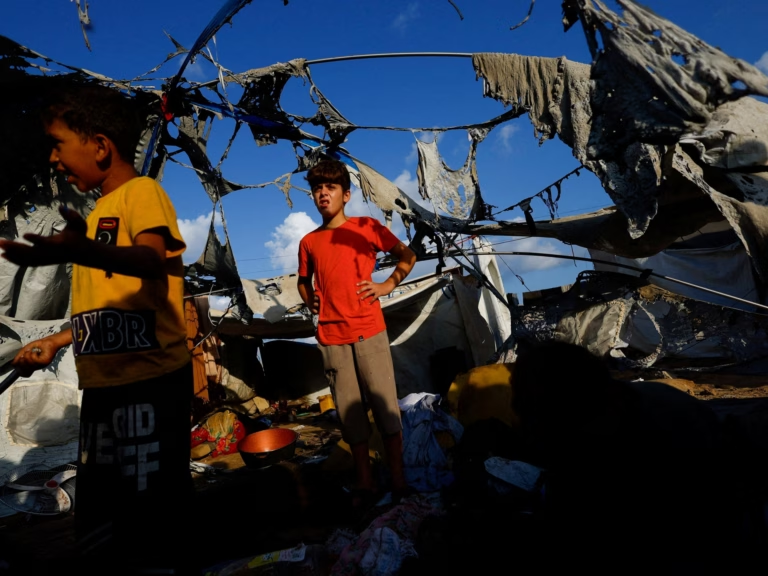I first met Um Adnan in 2006 in Chehabiyeh, a village in southern Lebanon close to the Israeli border, which often bears the brunt of conflict. I visited Lebanon shortly after the 34-day Israeli bombardment in 2006, which resulted in the loss of approximately 1,200 lives and scattered the region with unexploded bombs.
Born in 1939, Um Adnan’s life stretching back before Israel’s establishment on Palestinian lands in 1948. She married a Palestinian refugee who had escaped to Lebanon in 1948, but he had already passed away by the time we met. According to her son Hassan, their meeting was something out of a story.
Um Adnan had eight children, two boys, and six girls, though three of them died under tragic circumstances – one in a car accident, one during Lebanon’s civil war, and another accidentally shot by a relative.
Despite struggling to walk even in 2006, Um Adnan’s home escaped major damage from the summer’s conflict, unlike many others. My friend Amelia and I, who had been hitchhiking through the affected areas, were picked up by Hassan and welcomed with food and shelter for the night at Um Adnan’s house.
In 2008, I returned to Lebanon alone and stayed with Um Adnan for about two months, sleeping on her living room floor. She had even greater mobility issues by then but remainedbusy with housework, gardening, and cooking. She always had a meal ready for me – particularly green beans – and often insisted I eat with her when I needed to use the restroom, which was only accessible through the kitchen.
Um Adnan met daily challenges with steadfastness, having endured catastrophic events like the 1982 Israeli invasion that claimed tens of thousands of Lebanese lives. Her ability to rise each morning, despite the constant fear and loss, was a testament to her resilience.
Contrary to the Orientalist portrayal of Arab/Muslim women as weak and oppressed, Um Adnan’s life demonstrated strength as she managed her family amidst the persistent threat of Israel.
During the Israeli occupation of southern Lebanon from 1978-2000, Hassan fought with the resistance. Um Adnan never knew when she might lose another child to this conflict.
Despite my poor household skills, Um Adnan took me as her daughter-in-law when Hassan and I, under the influence of wine, decided to marry. Our plan for Hassan to obtain a U.S. passport and visit his father’s village in Israel fell through, but Um Adnan still treated me kindly.
After our marriage recognized on Hassan’s refugee identity card, I lost touch with him for years and feared the worst. He reappeared in 2022 via WhatsApp, sharing the sad news that Um Adnan had died during the coronavirus pandemic.
Um Adnan’s house was destroyed during the latest Israeli operation in Lebanon, leaving her family with only memories of the place where she had lived and loved.
This International Women’s Day, as Israel continues its aggressive actions causing suffering for countless women, I remember Um Adnan and her everyday heroism in face of adversity.
The views expressed in this article are the author’s own and do not necessarily represent Al Jazeera’s editorial stance.
Born in 1939, Um Adnan’s life stretching back before Israel’s establishment on Palestinian lands in 1948. She married a Palestinian refugee who had escaped to Lebanon in 1948, but he had already passed away by the time we met. According to her son Hassan, their meeting was something out of a story.
Um Adnan had eight children, two boys, and six girls, though three of them died under tragic circumstances – one in a car accident, one during Lebanon’s civil war, and another accidentally shot by a relative.
Despite struggling to walk even in 2006, Um Adnan’s home escaped major damage from the summer’s conflict, unlike many others. My friend Amelia and I, who had been hitchhiking through the affected areas, were picked up by Hassan and welcomed with food and shelter for the night at Um Adnan’s house.
In 2008, I returned to Lebanon alone and stayed with Um Adnan for about two months, sleeping on her living room floor. She had even greater mobility issues by then but remainedbusy with housework, gardening, and cooking. She always had a meal ready for me – particularly green beans – and often insisted I eat with her when I needed to use the restroom, which was only accessible through the kitchen.
Um Adnan met daily challenges with steadfastness, having endured catastrophic events like the 1982 Israeli invasion that claimed tens of thousands of Lebanese lives. Her ability to rise each morning, despite the constant fear and loss, was a testament to her resilience.
Contrary to the Orientalist portrayal of Arab/Muslim women as weak and oppressed, Um Adnan’s life demonstrated strength as she managed her family amidst the persistent threat of Israel.
During the Israeli occupation of southern Lebanon from 1978-2000, Hassan fought with the resistance. Um Adnan never knew when she might lose another child to this conflict.
Despite my poor household skills, Um Adnan took me as her daughter-in-law when Hassan and I, under the influence of wine, decided to marry. Our plan for Hassan to obtain a U.S. passport and visit his father’s village in Israel fell through, but Um Adnan still treated me kindly.
After our marriage recognized on Hassan’s refugee identity card, I lost touch with him for years and feared the worst. He reappeared in 2022 via WhatsApp, sharing the sad news that Um Adnan had died during the coronavirus pandemic.
Um Adnan’s house was destroyed during the latest Israeli operation in Lebanon, leaving her family with only memories of the place where she had lived and loved.
This International Women’s Day, as Israel continues its aggressive actions causing suffering for countless women, I remember Um Adnan and her everyday heroism in face of adversity.
The views expressed in this article are the author’s own and do not necessarily represent Al Jazeera’s editorial stance.
Source: https://www.aljazeera.com/opinions/2025/3/8/a-tribute-to-um-adnan?traffic_source=rss








